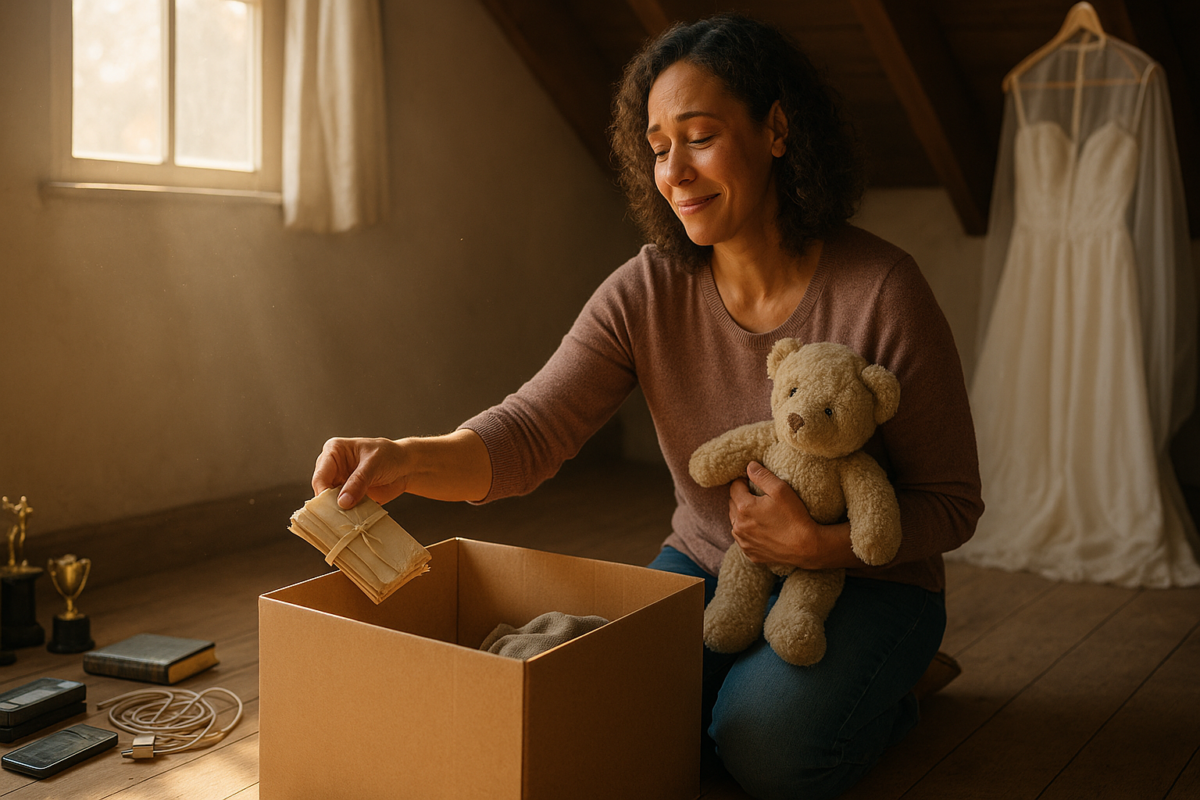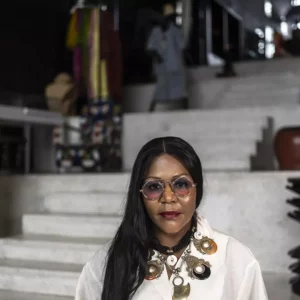Letting go has always been hard for me
I used to think if I held on tightly enough—to old friendships, identities, or even regrets—I could somehow keep control of life. But what I’ve learned (sometimes the hard way) is that holding on doesn’t give you control. It often just keeps you stuck.
The art of letting go isn’t about forgetting the past. It’s about loosening your grip on what no longer serves you, so you can make space for what does.

Here are 10 things I’ve seen people—myself included—hold onto decades longer than they should, and why learning to release them is one of the greatest gifts you can give yourself.
1. Old regrets
I sometimes catch myself replaying moments from years ago—conversations I wish had gone differently, chances I didn’t take. But regret is like an anchor tied to your foot: the harder you try to swim forward, the more it drags you down.
The truth is, regret will never change the past. What it can do, however, is remind us what matters for the future. Once you’ve taken the lesson, you can let the weight go.
2. The need for approval
For years, I worked too hard to win approval from others—my parents, mentors, even strangers on the internet. The problem is, no amount of validation ever fills the hole if you don’t approve of yourself first.
When you’re living for applause, you’re not really living for yourself. Ask yourself: whose approval are you still chasing that you don’t actually need anymore?
3. Who you used to be
One of the hardest things to let go of is a former version of yourself.
For me, it was the identity of the “young entrepreneur,” the guy hustling and proving himself. For others, it might be “the athlete in high school” or “the person before the divorce.”
But clinging to who we were keeps us from embracing who we are now. I write about this in my book Hidden Secrets of Buddhism: How to Live with Maximum Impact and Minimum Ego. A central Buddhist teaching is impermanence—everything changes, including you. The sooner you make peace with that, the freer and lighter you become.
4. Grudges and resentment
There are people in my life I felt wronged by, and for a long time, I carried that resentment like a shield. The truth? It didn’t hurt them—it just poisoned me.
Forgiveness doesn’t mean saying what they did was okay. It means choosing not to let their actions keep shaping your life years later.
5. “What could have been”
I’ve had business opportunities that slipped away and relationships that didn’t work out. For a while, I obsessed over the what ifs. What if I had taken that chance? What if I had said yes instead of no?
The danger is, “what could have been” can become more real in your mind than what actually is. Life isn’t lived in the fantasy of alternate timelines—it’s lived right here, right now.
6. Toxic relationships
Sometimes we hold onto relationships that have long expired. Out of loyalty, guilt, or fear of being alone, we keep people around who drain us.
I had to learn the hard way that letting go of a toxic relationship isn’t cruelty—it’s self-respect. Not everyone is meant to walk with you into the next chapter of your life.
7. Old beliefs
Growing up, I carried certain beliefs about money, relationships, even my own worth. Some of those beliefs held me back for years.
The funny thing is, beliefs aren’t facts—they’re stories you tell yourself until you stop questioning them. Ask yourself: which old beliefs are you still carrying that no longer match the person you’ve become?
8. Fear of change
Fear is sneaky. It convinces you that the unknown is more dangerous than the misery you already know.
I’ve seen people stay in jobs they hate for decades, not because they love the job, but because they’re terrified of change. The irony is, most of the best things in my life only came when I finally stepped into uncertainty.
9. Possessions
I once moved apartments and realized I was carrying boxes I hadn’t opened in years. Why? Because a part of me thought, “What if I need this one day?”
But possessions can become symbols of who we used to be. Letting go of clutter isn’t just about freeing space in your home—it’s about freeing space in your mind.
10. Stories about yourself
This is the biggest one. We all have a story we tell ourselves: I’m unlucky. I always mess things up. I’m not good at relationships.
I carried some of those stories for far too long. The problem is, stories shape your reality. If you believe them, you live them. Letting go of the old story is often the first step to writing a new one.
Final thoughts: Walking lighter
Letting go is not about erasing the past—it’s about refusing to let it define your future.
When you start releasing old identities, regrets, and attachments, you create space for new growth. I’ve experienced this myself, and it’s why I wrote Hidden Secrets of Buddhism: How to Live with Maximum Impact and Minimum Ego. The teachings of impermanence, non-attachment, and mindful awareness have been life-changing for me, and I believe they can help anyone walk a little lighter.
Because at the end of the day, life isn’t about how much you can hold onto. It’s about how gracefully you can let go—and how free you feel once you do.
Did you like my article? Like me on Facebook to see more articles like this in your feed.
Credit: www.geediting.com
Stay ahead with the latest updates!
Join The Podium Media on WhatsApp for real-time news alerts, breaking stories, and exclusive content delivered straight to your phone. Don’t miss a headline — subscribe now!
Chat with Us on WhatsApp







